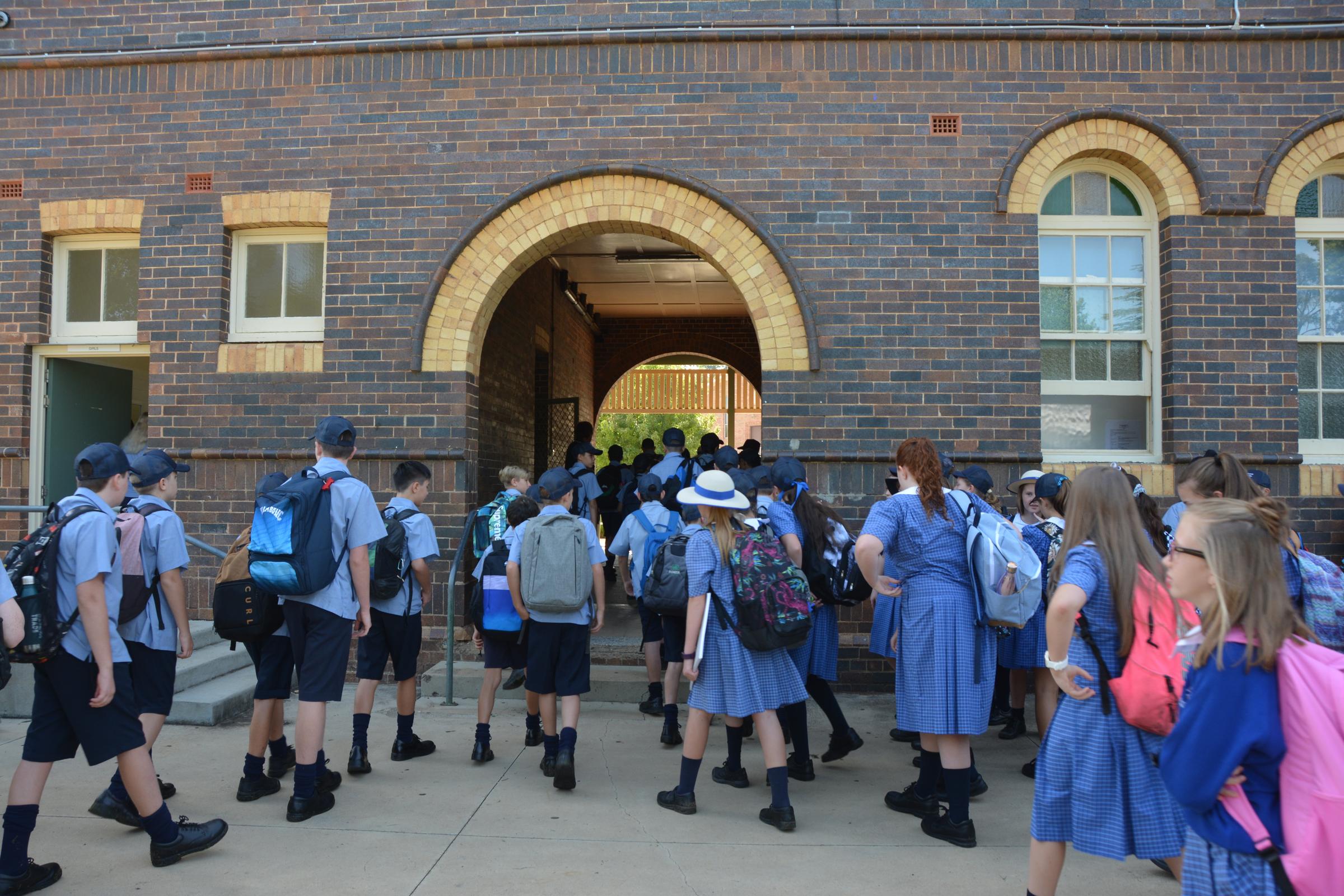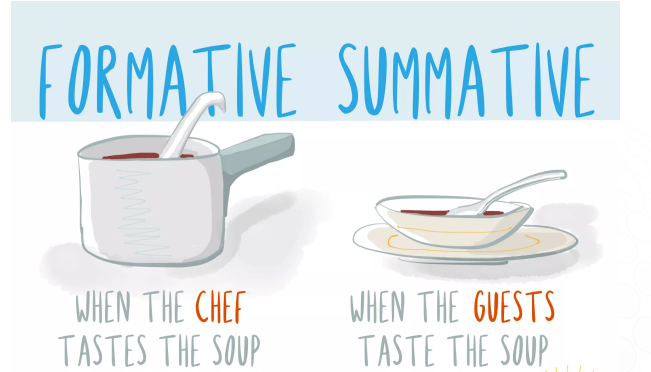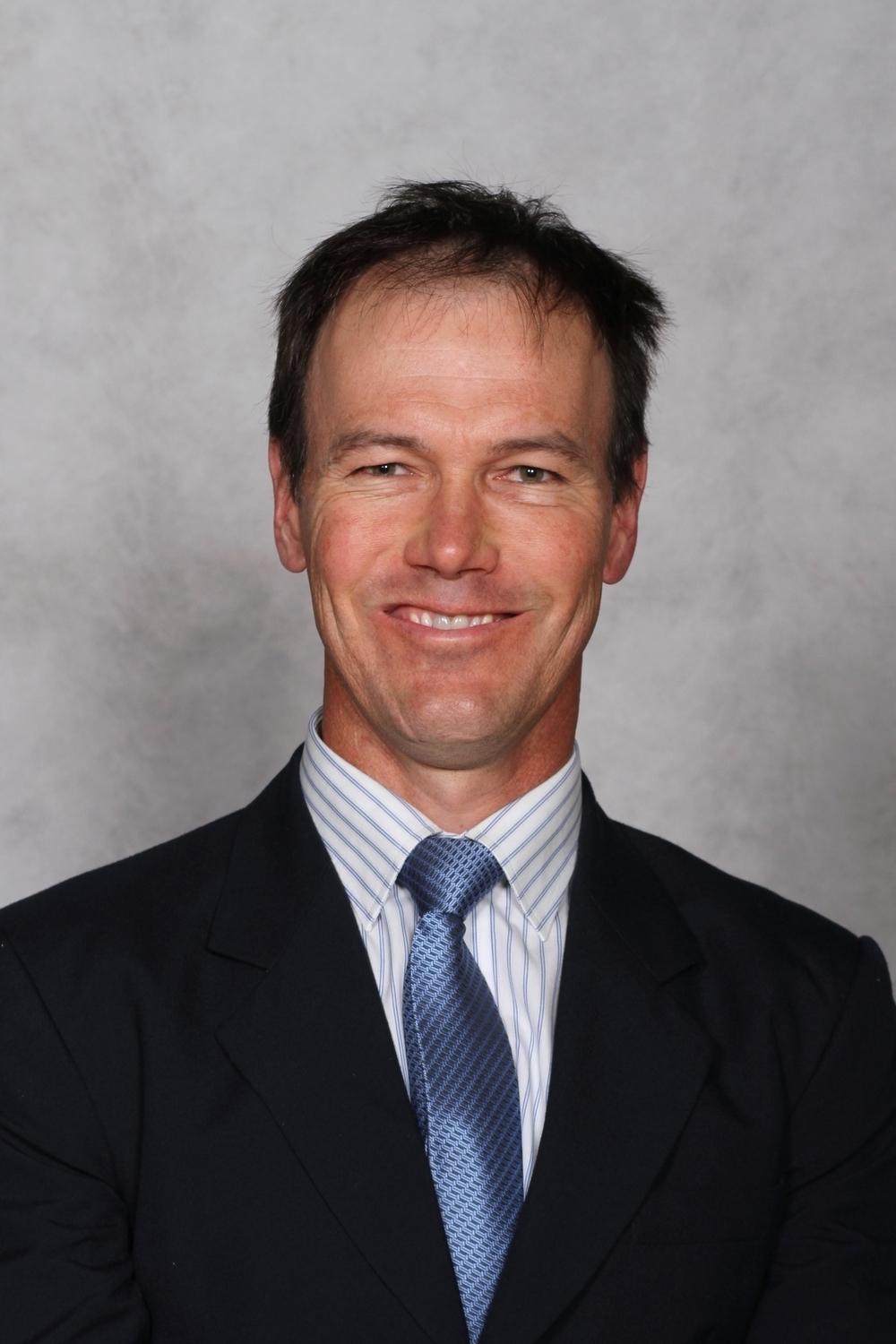Assistant Principal / Leader of Pedagogy
Mr Stephen Chapman

Assistant Principal / Leader of Pedagogy
Mr Stephen Chapman
Continuous Assessment OR Big Summative Tests???
This week I have been looking at how assessment is done in high schools around NSW. For Years 7 to 10, there seem to be two ways schools conduct assessment.
I’m proud to say O’Connor sits firmly in the first category. Assessment is happening continuously in every class. Teachers give short quizzes to check on understanding. Students complete rich tasks that are often open ended with students receiving fast feedback along the way. Pretesting might be done with the teacher adjusting their teaching to focus on what bits of information need more time. Teachers and students have learning conversations so the student knows where they are at in their learning and how to move their learning forward. Teachers make judgements based on all the information they have collected, both written and verbal, to decide on the level of student achievement. These standards are discussed with colleagues for consistency. Common moderation of learning tasks from parallel classes is done for consistency.
“Teachers see that they don’t have to wait until the unit is done and the test is given and graded to find out how their students are doing. They can gather the information right then and there while the students are exploring their ideas” (Clarke, 2003).
There are still some schools who are using assessment schedules with only certain tasks counting. Most often, this means four major tasks per subject each year. One per term. A majority of these are summative assessments that assess what the students have learnt at the end of a topic. These marks and grades are an end point.
Continuous Assessment can also be described as Formative Assessment. Summative assessment is assessment at the end of a unit. Here’s a nice analogy.


Matt Harris, 2016 (with acknowledgement to Steve Wheeler)
Using formative assessment, the chef tastes the soup and might decide, for example, to add more salt. Just like a teacher giving fast feedback in the classroom while the student is working and learning. This is Assessment For Learning. With Summative Assessment, the guests taste the soup. It’s all too late to improve then! To complete the above soup analogy, another chef might taste the soup. This is peer assessment and is called Assessment As Learning. This is also powerful.
So what about Year 11 and 12 assessment?
In Year 11, we simulate the assessment schedule and formal assessment task process to get the students ready for the HSC year. This is combined with continuous assessment. As a result, teachers give a ROSA grade (A-E) for Year 11 based on all the information.
In Year 12, teachers use a variety of assessment methods to guide their teaching and help students know where they are at in their learning. We are also mandated to have four assessment tasks with a formal assessment schedule These four assessments are added with weightings to give the students school assessment mark. This is a government requirement as the final school assessment mark contributes 50% towards their HSC marks for each subject. The HSC Examination for each subject forms the other 50%. We don’t have any choice and is quite different to our assessment policy in Years 7 to 10.
So, the question “Is this an assessment task?” is not one we get from students in Years 7 to 10. Everything is assessable!
Mr Stephen Chapman
Assistant Principal - Leader of Pedagogy
Never stop learning; for when we stop learning, we stop growing - Jack Lewman
Clarke, Graham (2003), The Essence of Continuous Assessment. Retrieved from https://www.researchgate.net/publication/302585791_The_Essence_of_Continuous_Assessment_by_-Graham_Clarke_Sixth-Grade_Teacher
Harris, Matt (2016). Continuous Assessment vs Final Examination: Assessing the impact of new testing strategies. EduTECH 2016. Retrieved from: https://mattharrisedd.com/wp-content/uploads/2016/11/EduTechAsia-2016-Continuous-assessment-vs-final-examination-assessing-the-impact-of-new-testing-strategies.pdf
Never stop learning; for when we stop learning, we stop growing - Jack Lewman

